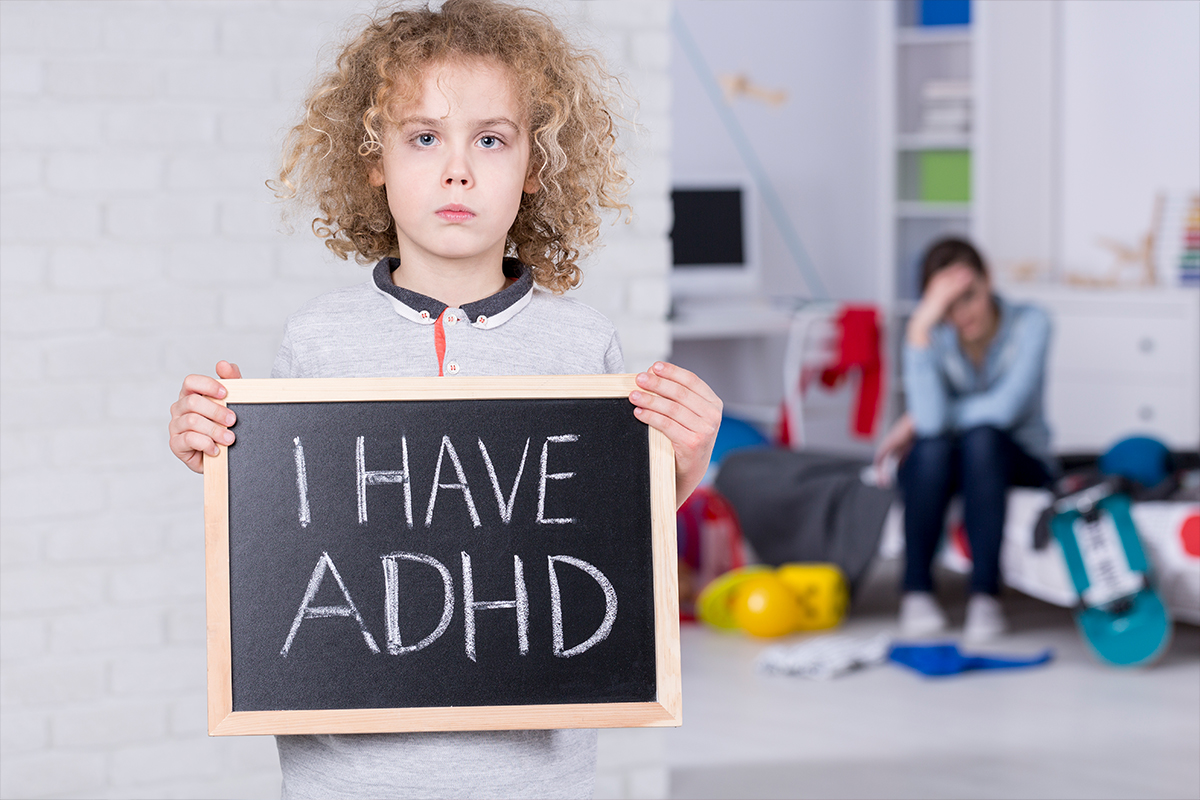
In the realm of childhood development, Attention-Deficit/Hyperactivity Disorder (ADHD) stands as a significant challenge that affects not only the child but also their family, educators, and social circles. The decision to use medication as part of the treatment plan for a child with ADHD is one fraught with concerns, hopes, and the desire to do what is best for the child’s well-being and future. This article aims to provide a comprehensive and compassionate guide to understanding ADHD medication for children, highlighting the importance of informed choices, holistic care, and the pursuit of balance in managing the condition.
Understanding ADHD in Children
ADHD is a neurodevelopmental disorder characterized by patterns of inattention, hyperactivity, and impulsivity that are inconsistent with a child’s developmental level. It can impact a child’s ability to function and succeed in academic, social, and family settings. While the exact cause of ADHD remains unclear, it is understood to involve genetic factors, brain chemistry, and environmental influences.
The Role of Medication in ADHD Management
Medication, often in conjunction with behavioral therapy and lifestyle adjustments, can be a pivotal part of a comprehensive treatment plan for children with ADHD. The primary classes of medication used to treat ADHD in children are stimulants and non-stimulants.
Stimulants
Stimulant medications, such as methylphenidate and amphetamine-based drugs, are the most common and effective treatments for reducing ADHD symptoms. They work by increasing the levels of certain neurotransmitters in the brain, which helps improve attention and focus and reduce impulsivity and hyperactivity.
Non-Stimulants
Non-stimulant medications, such as atomoxetine and guanfacine, may be used when stimulants are not effective or cause unacceptable side effects. These medications work differently from stimulants and can be a preferable option for some children.
Making the Decision: A Careful Consideration
The decision to start a child on ADHD medication involves careful consideration and collaboration between parents, the child (when appropriate), and healthcare professionals. It is crucial to:
Evaluate the Child’s Needs: Consider the severity of ADHD symptoms and their impact on the child’s life.
Understand the Options: Discuss the benefits and potential side effects of different medications with a healthcare provider.
Monitor and Adjust: Finding the right medication and dosage often requires time and adjustment. Close monitoring by healthcare professionals and open communication with the family are essential.
Beyond Medication: A Holistic Approach
While medication can significantly reduce ADHD symptoms, a holistic approach that includes behavioral therapy, educational support, and lifestyle changes can enhance outcomes for children with ADHD. This may involve:
Behavioral Interventions: Techniques that help children develop coping strategies, organizational skills, and positive behaviors.
Educational Support: Accommodations at school that provide a conducive learning environment.
Family Support: Education and support for family members to understand ADHD and how to best support the child.
Addressing Concerns and Misconceptions
Parents often have valid concerns about ADHD medication, including its impact on their child’s growth, personality, and long-term health. It is essential to address these concerns with factual information and the guidance of medical professionals. Misconceptions about ADHD medication leading to substance abuse or “curing” the condition need to be dispelled, emphasizing that medication is a tool to manage symptoms, not a cure.
Conclusion: Empowering Families and Children
Managing ADHD in children is a journey that requires compassion, patience, and a commitment to finding the best path forward for each individual child. Medication can be a valuable part of the treatment plan, offering children with ADHD the opportunity to reach their full potential. However, it is the combination of medication, behavioral strategies, and unwavering support that truly makes a difference. By empowering families with knowledge and options, we can navigate the complexities of ADHD medication for children with confidence and hope for a brighter future.
